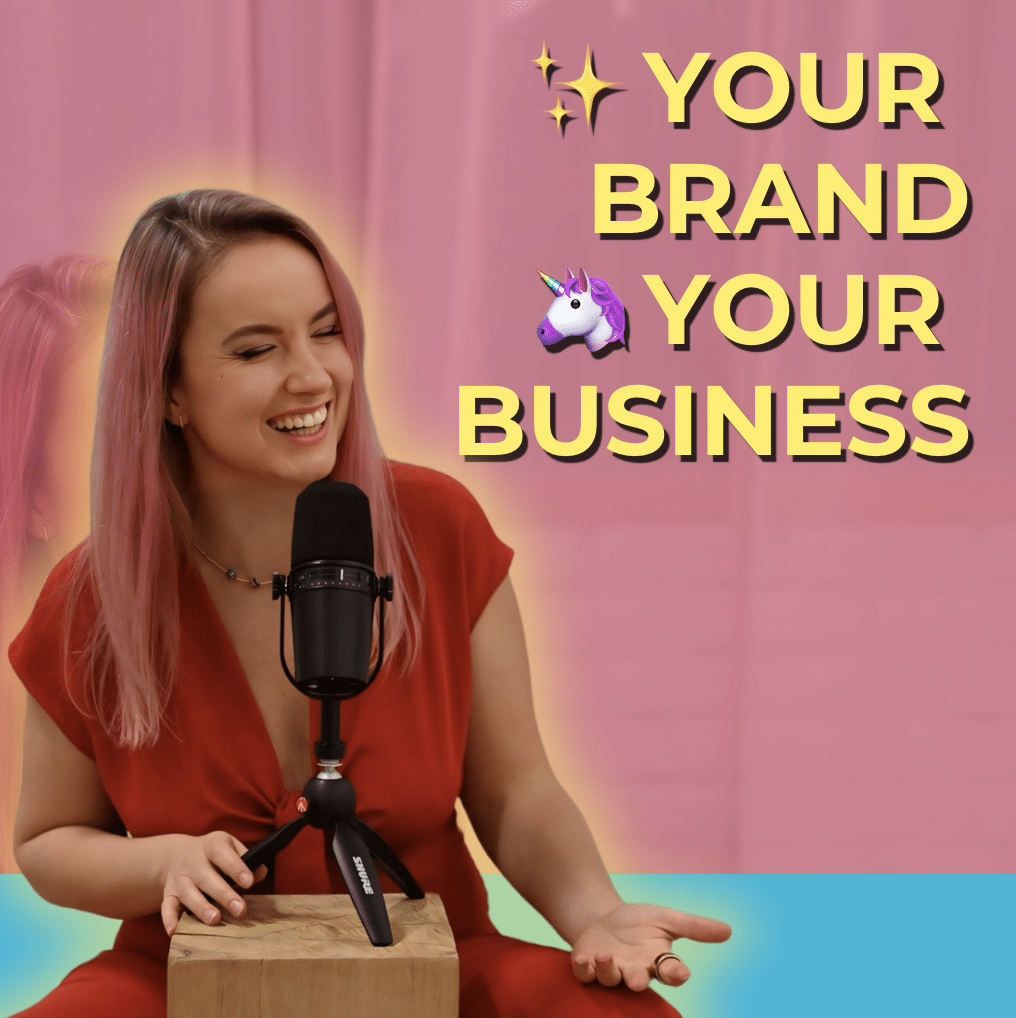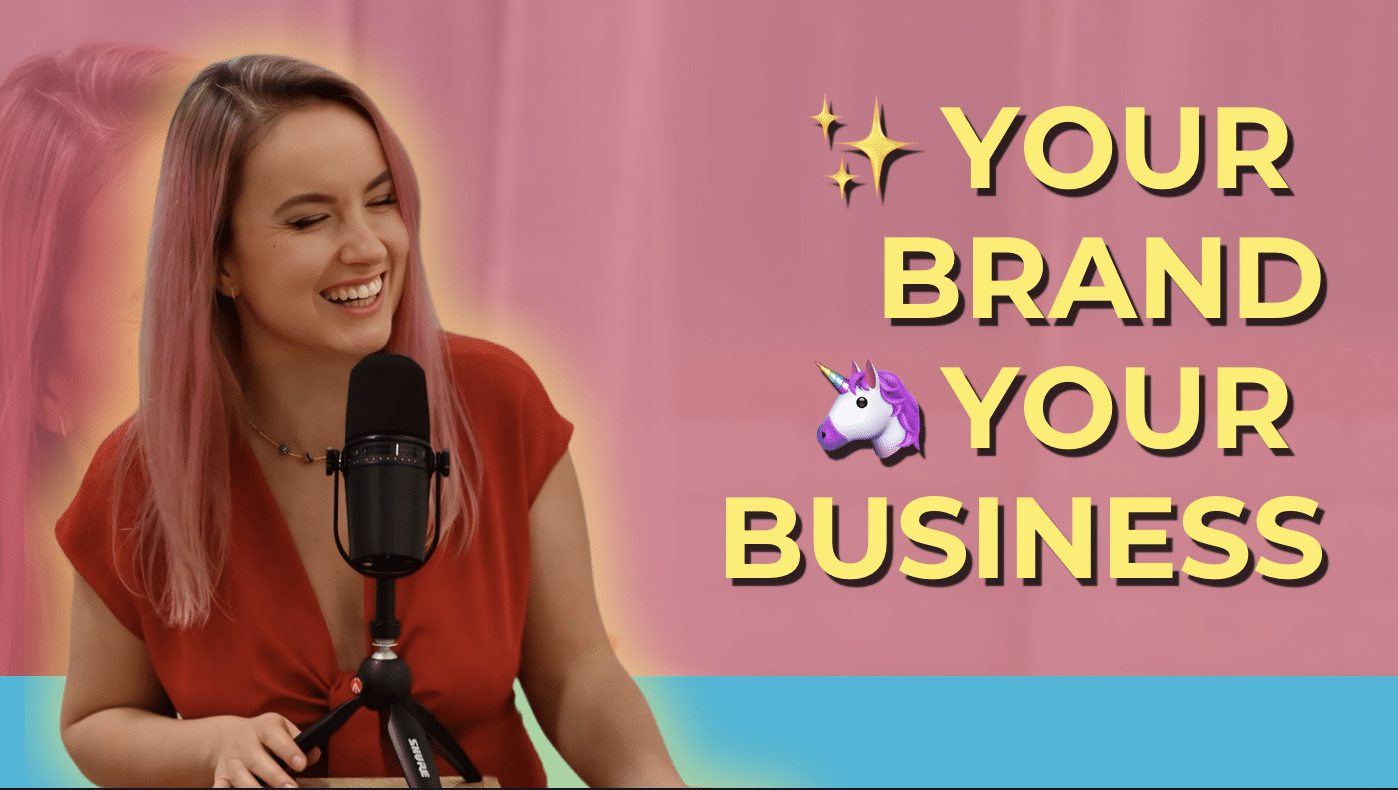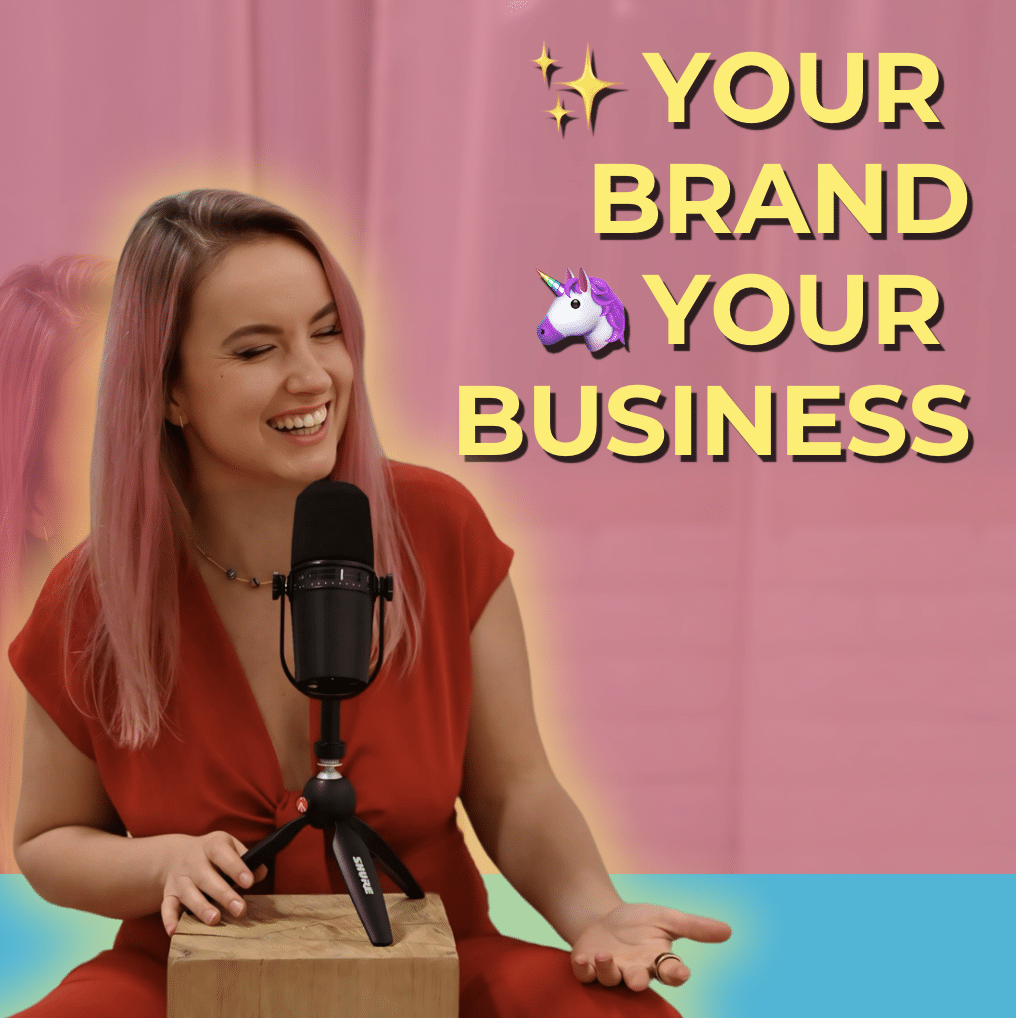Want to know how brands grow from zero to hyper-growth in record time? 🚀 In this episode of Your Brand, Your Business, we sit down with Olga Denisova, CMO at GotPhoto and former VP of Digital Marketing at Semrush, who helped drive 3x revenue growth and a successful IPO.
Olga shares real-world strategies for scaling brands globally, leading high-impact digital marketing campaigns, and staying ahead of marketing trends on platforms like LinkedIn. With experience in top tech unicorns like Veeam and recognition as a LinkedIn Top Voice, Olga reveals how to build a marketing engine that delivers fast.
What You’ll Learn:
✅ Proven strategies for achieving hyper-growth in competitive markets
✅ How to structure your digital marketing team for scale
✅ Olga’s playbook for marketing leadership, growth, and agility
✅ Leveraging LinkedIn to boost your brand and stay on top of trends
✅ The honest truth behind scaling fast—and what most people get wrong
Whether you’re a startup founder or scaling marketer, this episode gives you the tools to accelerate faster and smarter.
🎧 Tune in now if you’re ready to grow and evolve at hyper-speed
For any questions or inquiries regarding this video, please reach out to [email protected] or visit our website https://marieolivie.com/
👉 Instagram – https://www.instagram.com/marieolivie_/
👉 LinkedIn – https://www.linkedin.com/in/marie-zamecnikova/
👉 Facebook – https://www.facebook.com/cicibuu?mibextid=LQQJ4d
👉 Community- https://whatsapp.com/channel/0029Vb6Tl1j2kNFoMZFnN83t
Transcript;
00:00:00
You are your biggest supporter, but also your biggest enemy. I really love this. If you are a founder or entrepreneur, it’s how you speak to yourself in your thoughts. And sometimes the best thing that you can do.
00:00:18
Hello and welcome to Your Brand, Your Business. The show where we dive into stories and strategies behind building a successful and also profitable brand. I am Marie, your host of this podcast, and I am also an entrepreneur and brand strategist. Today, I’m excited to introduce our guest, Olga Denisova, who will be sharing her expertise on how to achieve hyper-growth of your brand. Olga, thank you so much for joining us. Can you please tell us more about what you do and who you are for our audience? Yeah, thank you. Thank you very much for the event, Marie. Super excited to be here and talking about myself. Well, I can say that I’ve been doing marketing and IT for basically all my life now, professional life.








